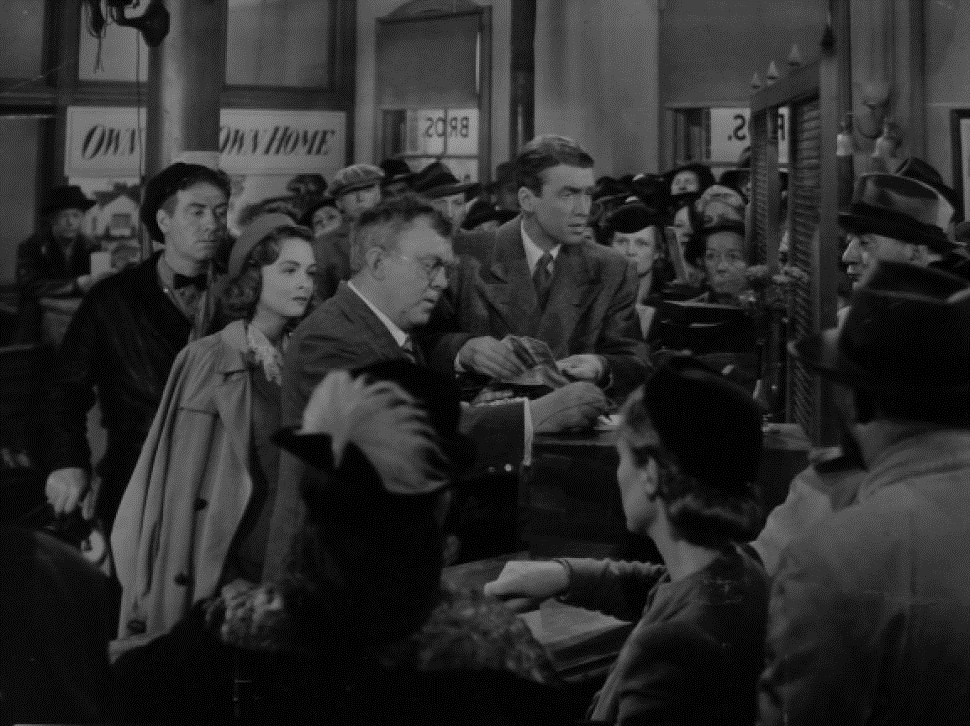Why We Shouldn’t Expect More from the G20….
Mohammed El-Erian posted on Bloomberg View and then on LinkedIn that the G-20 needs and missed a “Sputnik Moment.” I responded on LinkedIn essentially as follows:
I think that it is unreasonable to expect a “Sputnik Moment” from the G-20, or frankly from almost any challenge we face today. Sputnik was the moment it was, because it represented an immediate and existential threat in the minds of most Americans. It was a singular event that actually occurred, rather than a potential result that might come about. The USSR had the bomb and they had the ability to be overhead whenever they chose.
A full quarter century after the end of the cold war, we tend to forget how that tension between the Communists and the Capitalists gripped the public policy decision making, but it was a military/security policy. Physical security is tangible to most humans. We are hardwired to be concerned with it. Economics is different. It is disconnected from our physical concerns.
The motivator today is the existential threat that is perceived (I say wrongly perceived) in immigration and terrorism. Despite Sputnik and the race to the moon, stagnation still overwhelmed the U.S. economy in the 70’s. And then, we recovered. Only to fail again, recover, fail, and recover once more. Sputnik presented a one way trip to annihilation. Economics tends to present temporary challenges to be endured.
Economics involves far too many elements, is too imprecise, and involves too many competing perspectives to be a galvanizing force until an event takes place. Even then, economic events tend to be regional. Unlike nuclear bombs dropping, they do not affect every interest in the same way. Sputnik was a moment for the United States and their rival the Soviet Union. The response required a motivated nation, not a negotiated, coordinated, multinational effort. It was about one group competing against a second group. Economics is not alone. These are the challenges that face environmentalists worried about climate change and public health advocates concerned about potential epidemics and officials trying to reign in North Korea or find peace in the Middle East. The human tendency is to react to their current condition and the immediate prospects for changing that condition for good or ill.
Mr. El-Erian may very well be right that the lack of coordinated action will lead to multi-generational challenges and political instability, but lack of action is a condition, not an event. Unfortunately, like the proverbial frog in the water being heated to a boil, there is unlikely to be a convincing, galvanizing argument to be made until it is too late and a global contagion has begun.
For us individual actors, the questions are similar: What things might happen? What might we do about them when they do? How do we prepare today to take those potential actions in the future? Are there actions we can take that can shape what actually does happen?
